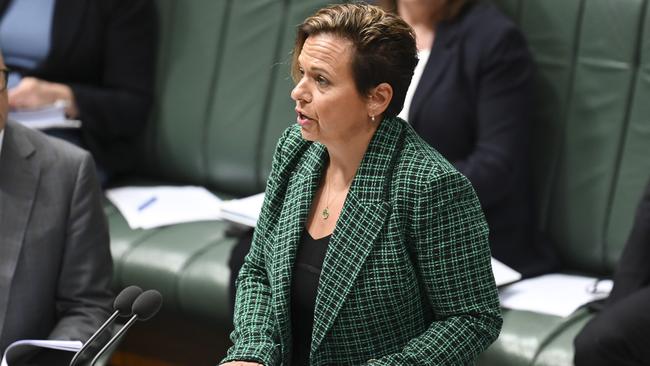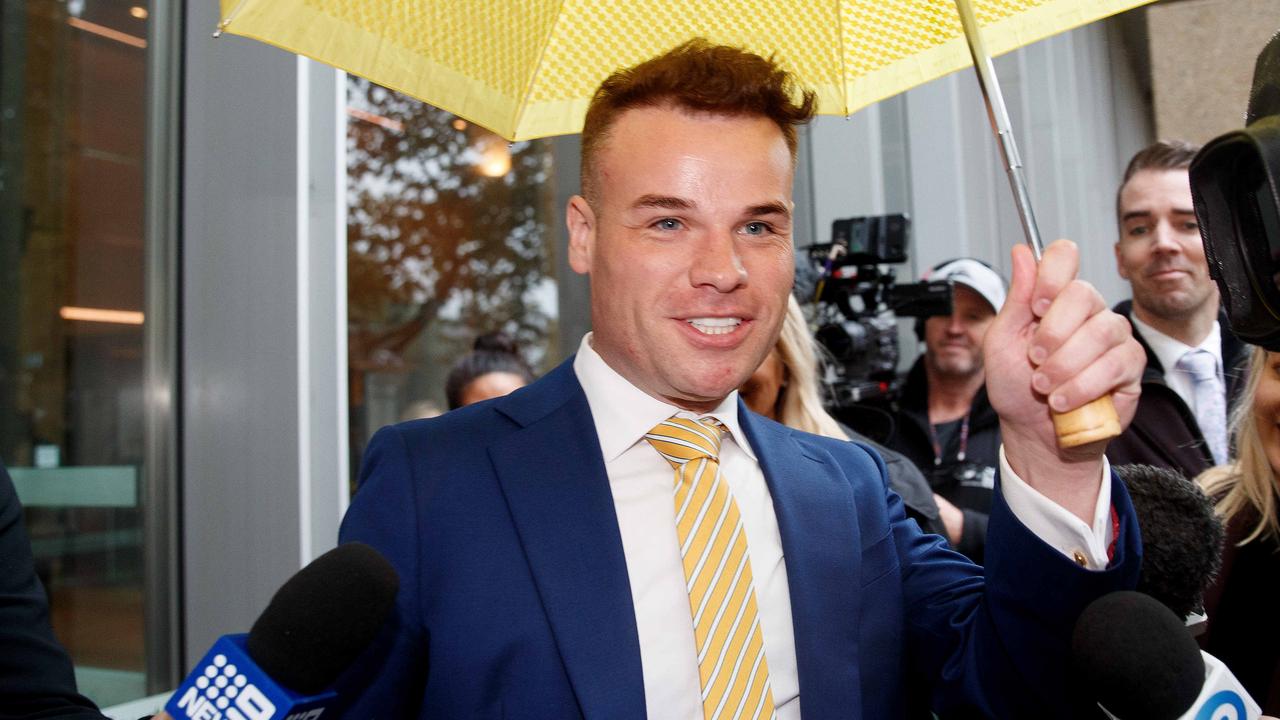TV battle for ‘prominence’ heats up, as Foxtel cries foul over search
Australia’s free-to-air networks have lobbied government to expedite the introduction of new laws that will provide them with greater prominence of their apps on connected TVs.

Australia’s free-to-air television networks have lobbied the federal government to expedite the introduction of new laws that will provide them with greater prominence of their apps on connected TVs, despite concerns by other industry players that the changes are inherently unfair and deny consumers the right to choose what they watch.
Under legislation introduced to parliament in November, television manufacturers will be forced to ensure the apps of free-to-air Australian services, including public broadcasters ABC and SBS, are put first on all smart TVs within 18 months.
In a submission last week to a senate committee inquiry into the prominence bill, Free TV Australia – the industry body representing the nation’s free-to-air commercial broadcasters – called for the “timeframe for compliance” to be reduced to six months.
Free TV also wants the new laws to apply to existing devices with compatible software, instead of just new devices.
And in a further proposed amendment to the legislation, Free TV is a demanding a “requirement for content provided through FTA services, including through free broadcaster video on demand (BVOD) services and delivered online by FTA broadcasters, to be included in the content search function on regulated TV devices.”
That is, free-to-air content will be automatically preferenced when consumers undertake a content search on their TV.
The idea of both the free-to-air and the public broadcasters’ apps being automatically displayed at the top of the queue is fiercely opposed by streaming services including Foxtel (65 per cent owned by News Corp, publisher of The Australian), which argue that it’s anti-competitive from an industry perspective, and anti-choice for consumers.

In its submission to the Senate committee last month, the Foxtel Group argue it would be “contrary to the government’s media policy of ensuring a level playing field for Australian media businesses to be required to prioritise third-party content ahead of their own content in search and recommendation systems on their own devices.
“For example, it would be unreasonable for Foxtel to be mandated to prioritise another broadcaster’s transmission of an AFL match ahead of its own Fox Sports transmission to a paying Foxtel sports customer where the customer has … made the decision to subscribe to Fox Sports and is accessing content via one of our proprietary devices.”
The Foxtel submission also warns that without safeguards in place, the legislation could potentially completely distort the market in favour of FTA broadcasters.
“If the bill will continue to apply to the FTA BVOD services then it should be amended to clarify that the minimum prominence obligations only apply to one FTA BVOD service per national broadcaster and one FTA BVOD service per commercial television broadcasting licensee only,” it says.
“With the streaming era in its relative infancy, at present each FTA has only one FTA BVOD service. However, this may change as the shift to online media consumption continues.”
Foxtel also argues that a “regime that mandates the positive discrimination of content ultimately (and most importantly) diminishes the viewers’ experience, results in frustration and inhibits consumer choice.”
Last November, the chief executive of Foxtel Group, Patrick Delany, expressed his concerns about the proposed legislation.
“Pay TV and streaming has become an equal part of the diet in addition to free TV – there is no way Australians will be told what to watch or how to search for content. It is an invasion of the living room,” he said.
“This is completely analogous to our mobile phones. Australians would be shocked if the order of their apps were controlled on their mobile phones and their ability to search was altered. We will fight for this right for Australian consumers.”
Among other submissions to the senate committee, Nine argues its streaming service, Stan, should be included in the prominence framework as it “would reflect Stan’s unique position in the Australian media landscape, as a single-territory SVOD service which has shared ownership with the holder of a commercial television broadcasting licence”.
“Stan is an increasingly important extension of the Nine Group’s content ecosystem,” Nine’s submission says.
Nine, Seven and Ten were all part of Free TV’s submission.






To join the conversation, please log in. Don't have an account? Register
Join the conversation, you are commenting as Logout